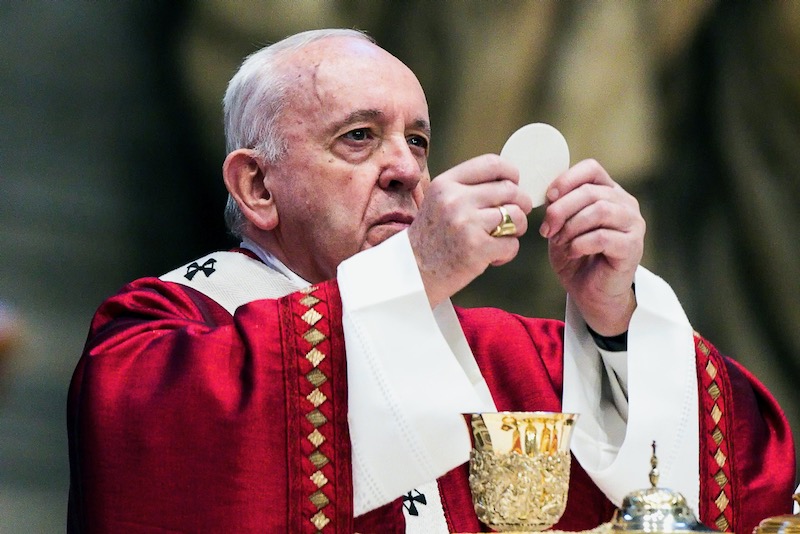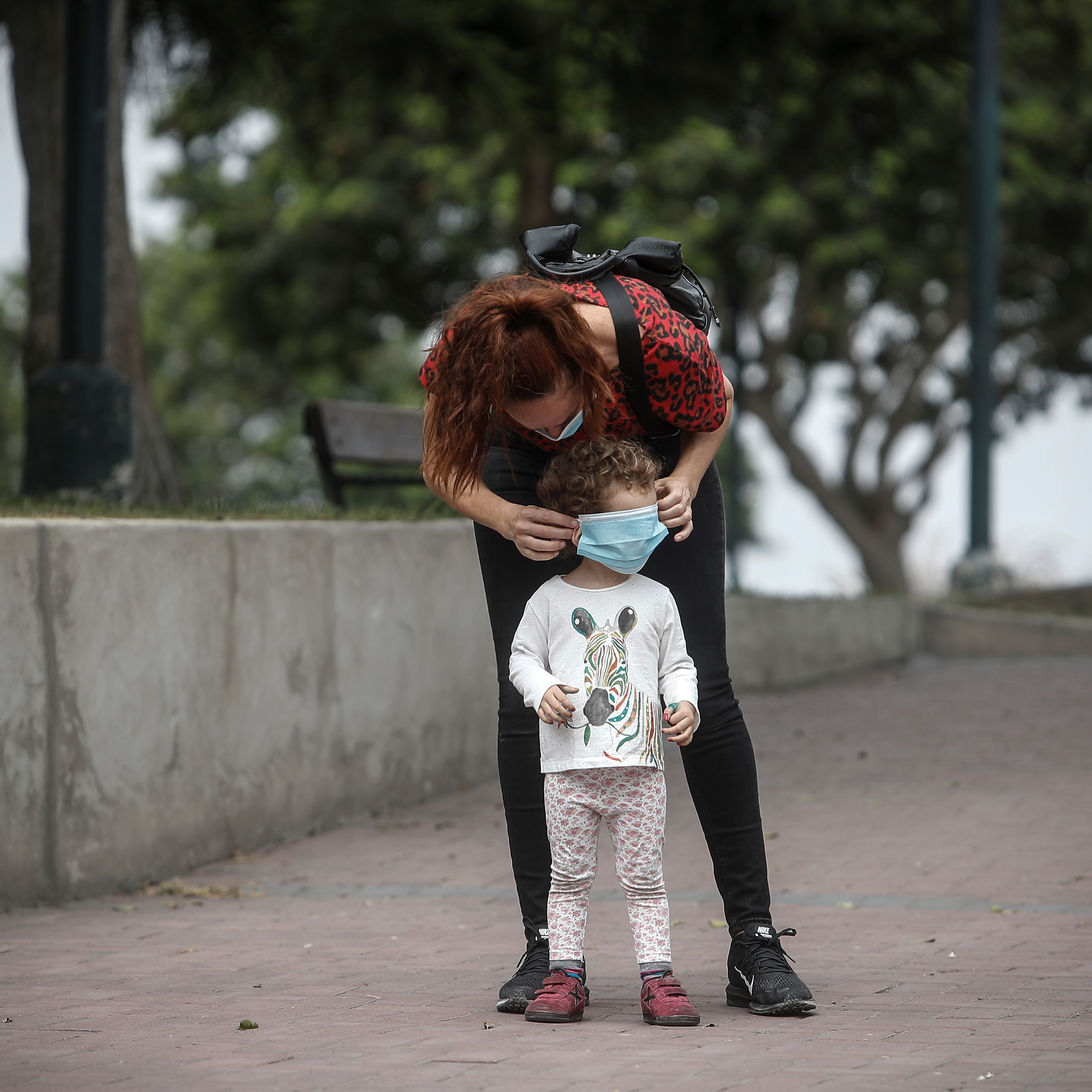The lockdown in Peru ended on 30th June but for those under 14 and over 65 the lockdown continues at least until 31st July. This includes me! The curfew in most of the country is now from 10 pm to 4 am every day, including Lima. The Sunday lockdown has been lifted.
Most people who have jobs can go back to work now. We are in a no-win situation. Covid-19 seems to have reached a plateau, still around 3,500 new infections each day and the number of deaths have increased over the past week to almost 200 daily. Now the lockdown for most is over, there will have to be greater emphasis on social distancing, as the majority have found it difficult to keep; at least masks are worn by most.
The total number of people with coronavirus on the 27th June in Peru is 275,989 and of that 172,460 (62%) are in Lima and the port of Callao. The number of people infected continues to rise around the country, especially in the northern coastal cities of Chiclayo, Trujillo and Piura and in the Jungle, where sadly it is affecting the tribal people of the Amazon. 9,135 deaths have been recorded from Covid-19 in Peru on the 27th June, again Lima and Callao with 4,824 (53%). Probably the real numbers are much higher than the official figures, with some saying up to another 30,000 more deaths have yet to be registered!
Lima’s health facilities are overrun, as they are in the northern cities and in the jungle towns. The private clinics who take Covid patients – not all do - were charging enormous amounts of money. Last week the Government reached an agreement with private clinics, limiting the amount that they can charge, and bringing them within and under the strategic command of the Ministry of Health regarding covid19.
All along the highways out of Lima, hundreds of people are still walking back to their home villages and towns, even with young children and babies, they could stay in Lima no longer. They have no food or livelihoods anymore in Lima. Internal air flights and inter-provincial bus services might begin from the middle of July, but there is great fear in the mountain departments, where they have had relatively few cases, that opening up travel too early will only serve to spread Covid-19.
The Manuel Duato Special Needs School is a Columban project which serves nearly 400 children. At the moment teachers are working with parents virtually. We continue to help 44 families financially, as they have little to no income and are desperate.
The Warmi Huasi project works in San Benito township in Lima and in the Province of Paucar de Sara Sara in the Andes mountains. In both places with children at risk. We help children with their homework, like homework clubs, but now at a distance, and we continue to distribute the books of the reading clubs, so children can read them at home. We send materials for the parents to re-enforce the social skills of the children and adolescents and to remind them constantly of the steps to protect themselves from the virus. In Pausa, Ayacucho, we have a radio program for around 4,000 children and adolescents and their parents. Some of the content is communicated in quechua, their local language.
In San Benito, where families have had no work for the past 15 weeks due to the lockdown and many fall outside of the help offered by the Government, we have helped with finance. We continue to support two communal kitchens with food, masks, and gloves. Between them they serve over 100 rations reaching 45 families, so around 225 people being fed. As and from July, the Government will be promoting communal food programs, in anticipation of mass unemployment.
A friend who lives in the district of Independencia, where I worked in the 70s, told me: “There are many people suffering, with nothing left. In the township of Villa Chilca some have begun to put out white flags, meaning they have no food, and between friends and neighbours we are helping them.”
I talked to a young catechist in Villa El Carmen. She told me that in her small town, she is in touch with the other youth. Some cannot pay for their university studies for there is no work, so have had to drop out. They shout to each other across the roof tops, often singing and reading from the Scriptures, praying for those who are sick with Covid-19 . They even holding wakes in that way for those who have died. They cry often but are determined to carry on helping their community and when they can, return to teach the children. I have just heard the catechist and her younger brother have both contracted Covid-19 in the last few days.
On Friday 26th June, I had a zoom meeting with the Warmi Huasi team to see how they and their families are coping. All said that going out to the market was the most fearful and dreaded experience, as many street sellers are outside and it is very crowded. Many Venezuelan women with their young children in arms are also in the streets begging for help. Some shops have shut down as they cannot keep going. Several of the Warmi team have family members with Covid-19 in their own house; two have lost uncles and aunts and others have lost friends. One told us that, at the back of the hospital in Collique, there is a big lorry parked, loading up coffins, rows and rows of them, to take them to the crematorium.
In the Columban Centre House, along with other priests here, we spend our time on the phone, accompanying by listening to people. I am also in skype and zoom meetings, organising our work with teachers of the special needs school and the Warmi Huasi team, as they are in touch with the parents and children, know their needs and together we do what we can to respond to the hunger and to accompany the parents in their efforts to keep their children safe and occupied.
Father Ed O’Connell is a Columban Father, born in Somerset and educated by the Salesians in Battersea. He has been working as a missionary priest in Lima, Peru for 38 years. This is his second report from lockdown in Lima.



 Loading ...
Loading ...
What do you think?
You can post as a subscriber user ...
User comments (0)